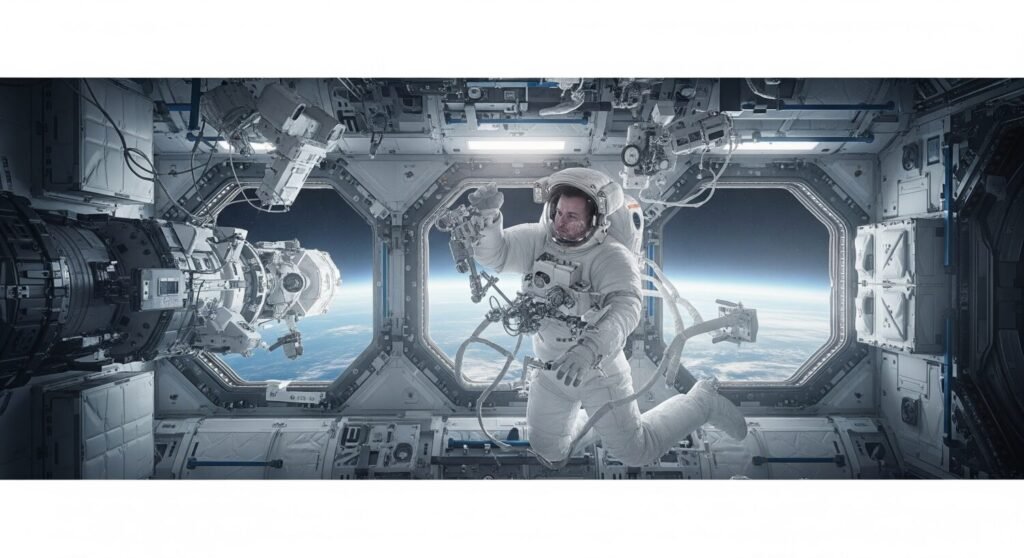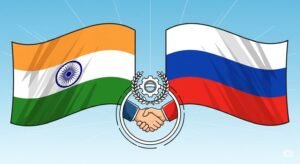A New Era for Indian Space Research
The International Space Station (ISS) recently hosted a monumental achievement for India as Shubhanshu Shukla successfully completed all seven of his microgravity experiments. This significant milestone, confirmed by ISRO, marks a pivotal moment in the nation’s journey into advanced space exploration and biotech innovation. Furthermore, Shukla’s 18-day stay aboard the orbiting laboratory was packed with not just scientific endeavors but also engaging outreach activities.
Unveiling Microgravity’s Secrets
Shukla’s mission encompassed a diverse range of experiments, each designed to unlock new insights into how life and materials behave in the unique environment of microgravity. Specifically, his work included studies on the resilient Indian strain of Tardigrades, often called “water bears,” known for their incredible survival capabilities. Additionally, he conducted research on Myogenesis, which is the formation of muscle tissue, offering potential breakthroughs for human health in space and on Earth.
The experiments also delved into plant growth, with investigations into the sprouting of methi (fenugreek) and moong (mung) seeds, alongside studies on Cyanobacteria and Microalgae. These botanical explorations are crucial for understanding sustainable food production in long-duration space missions. Moreover, Shukla examined various crop seeds and utilized the Voyager Display, further expanding the scope of his scientific portfolio. Therefore, his comprehensive research contributes significantly to multiple fields.
Connecting from Orbit
Beyond his scientific pursuits, Shubhanshu Shukla actively engaged with various audiences from the ISS. He had a notable interaction with Prime Minister Narendra Modi, highlighting the national importance of his mission. Furthermore, he connected with school students, undoubtedly inspiring the next generation of scientists and engineers. In a display of technological versatility, Shukla also used amateur radio to communicate with ISRO centers, demonstrating the practical applications of space communication.
A Successful Return and Future Horizons
The Axiom-4 mission concluded with a farewell ceremony on the ISS for Shukla and his fellow crew members. He expressed gratitude to the Expedition 73 crew for their invaluable support and acknowledged ISRO’s pivotal role in developing the scientific research portfolio, associated protocols, and student outreach initiatives. Consequently, the Dragon Grace spacecraft, carrying Shukla and three other astronauts, undocked from the ISS and began its journey back to Earth, splashing down safely near the coast of California.
This mission, facilitated through strategic private-sector engagement, powerfully illustrates the benefits of public-private partnerships in advancing space research. Anil Prakash, Director General of Satcom Industry Association-India, lauded Shukla’s mission as a significant step forward, propelling India into the space-biotech frontier. Ultimately, this collaborative breakthrough is poised to position India as a global leader in space-driven biotech innovation, opening up exciting new possibilities for the future.









